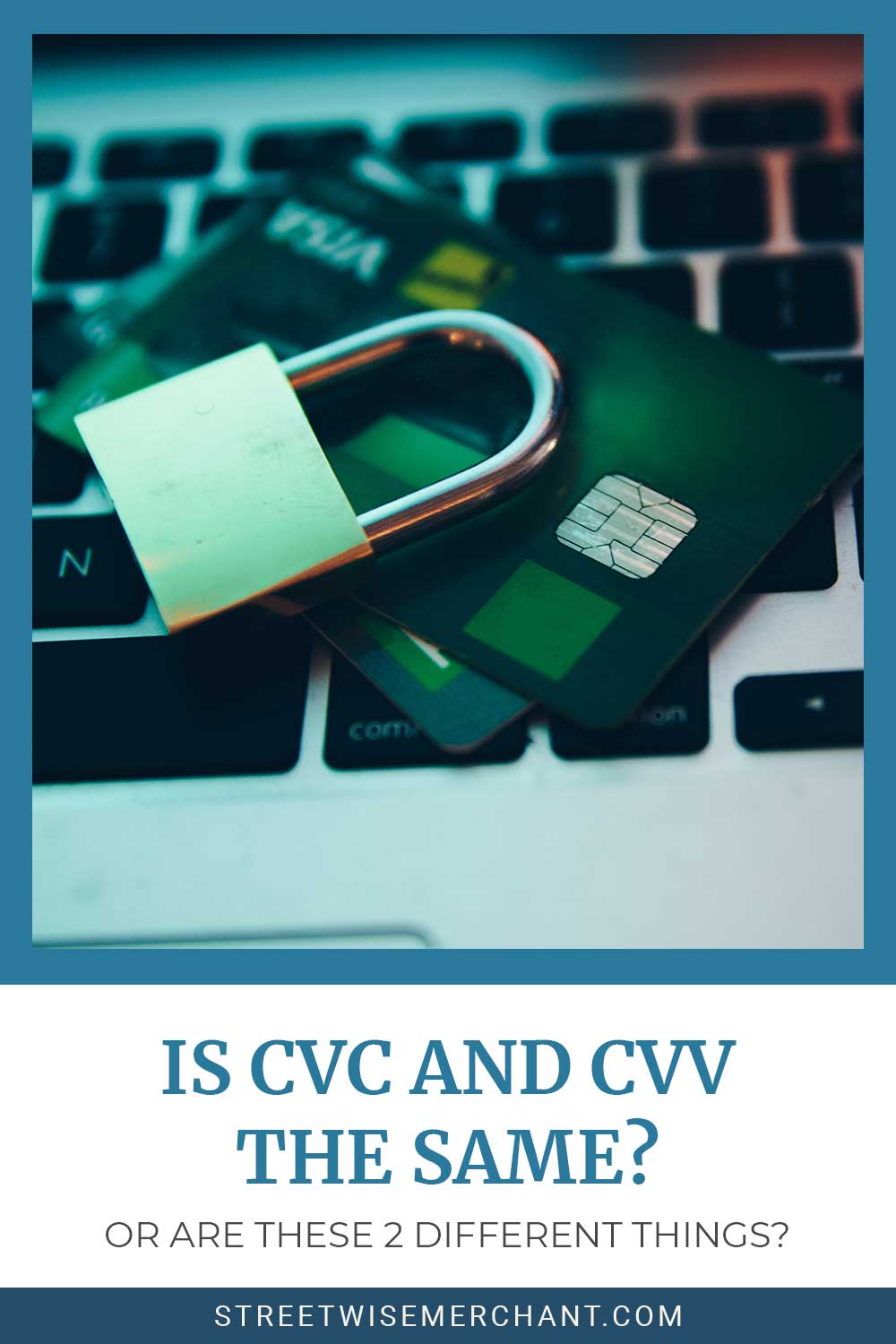If you have a bank account and are a card holder, then the abbreviations CVC and CVV sound familiar to you. The three or four numbers that make up a CVV or CVC are displayed on your credit or debit card.
When you make a remote purchase, such as when you order something over the phone or online, it is employed as a security feature because neither you nor your card needs to be physically present.
Now let’s see what the similarities and differences between CVC and CVV are!
Is CVV and CVC the same?
Before understanding the difference between these two, it is essential to open the abbreviation. So, CVV is card verification value, and CVC is card verification code.
These three-digit CSC codes are written in little boxes next to the signature strip on the back of cards and are known as a CVV on the Visa network and a CVC on the Mastercard network.
The network is the only thing that separates CVC and CVV. Each value stands for the same thing. For example, the magnetic strip has a three-digit code that tells the network when a card has been swiped.
Typically, Visa and Mastercard use CVV (card validation value) and CVC (card validation code).
What Does CVC Stand For?
CVC is a card verification code and a three-four digit code. It is located at the back of your card and is a security code. The number’s last three digits are written on your card’s signature strip on the back.
The face of American Express cards typically has a four-digit code.
If you are making an online purchase, the shop asks you for your CVC code for security reasons, as your card is not physically there while purchasing.
You will not be able to continue your payment and finalize the purchase without the security code. That is why the only person who can access and know the principle is the card owner.
What Does CVV Stand For?
CVV is a card verification value and a three-four digit code. It also is located at the back of your card and is a security code for Visa cards.
Your CVV number helps keep you secure while decreasing fraud by demonstrating to an online retailer that you genuinely have the physical credit or debit card. CVV codes are not the secret PIN for your card.
People usually think that the PIN code is the three-digit code at the end and enter while taking cash from the ATM. However, it would be best never to do that because these two are entirely different.
In addition, CVV numbers are identical to CVV2 numbers but have been created via a second-generation method that makes them more difficult to “guess” and are more secure.
What Are the Differences Between CVC and CVV?
CVV and CVC are security codes that help you secure your funds and ensure that you don’t get into any fraud. Only the network distinguishes between CVC and CVV. Every value denotes the same thing.
For example, a three-digit number on the magnetic strip notifies the network when a card has been swiped. Typically, CVV (card validation value) and CVC (card validation code) is used by Visa and Mastercard, respectively.
Also, as it is implied lately, CVC is a new generation code that was created to strengthen your card’s security and make it harder to guess the digits. In other aspects, there are no other differences.
Are Both CVC and CVV Security Numbers?
CVC and CVV are private security numbers that need to be kept a secret because otherwise, people can use your card. The code is a fraud deterrent and proof that you own the card and it is not someone else.
If your credit card or debit card number is taken but not the actual card, it may assist prevent fraud. When doing distance shopping, you will always be asked for your CVV or CVC numbers as proof of security.
Please don’t confuse it with your PIN code, and make sure that while providing someone the card details, don’t provide the CVV or CVC.
Final Thoughts on Differences Between CVV and CVC
The CVV and CVC codes have the same mission: to provide security for your card. The only thing that differentiates these two is the network.
One is for Visa cards, and the other one is for Mastercard. Make sure to keep the codes private and not make them public or tell someone else.
